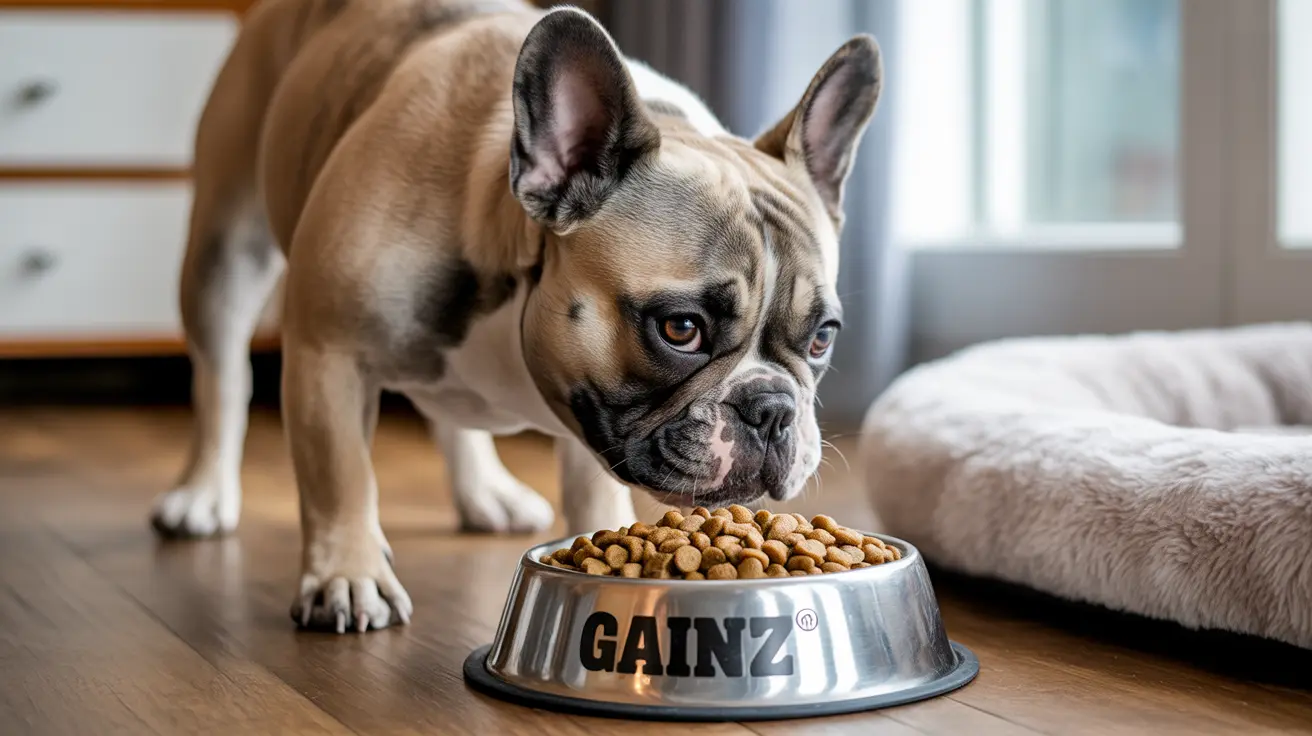When your dog needs to put on healthy weight, choosing the right dog food becomes crucial for their overall health and well-being. Whether your pet is recovering from illness, naturally underweight, or simply needs to bulk up, understanding how to select appropriate dog food for weight gain can make a significant difference in their journey to reaching an optimal weight.
In this comprehensive guide, we'll explore the most effective types of dog food for weight gain, essential nutritional components, and strategies to help your furry friend achieve and maintain a healthy weight safely.
Understanding Nutritional Requirements for Weight Gain
The foundation of healthy weight gain in dogs starts with understanding their specific nutritional needs. High-quality dog food for weight gain should contain:
- Higher protein content (30-35%)
- Increased fat levels (20% or more)
- Dense caloric content
- Essential vitamins and minerals
- High digestibility
Key Components of Weight Gain Dog Food
Premium Protein Sources
Quality protein is essential for building lean muscle mass rather than just adding fat. Look for foods containing:
- Real meat as the first ingredient
- Multiple animal protein sources
- Egg-based proteins
- Fish proteins rich in omega-3 fatty acids
Healthy Fats
Fats provide concentrated energy and make food more palatable. Beneficial fat sources include:
- Chicken fat
- Fish oil
- Flaxseed oil
- Animal-based fats
Best Types of Dog Food for Weight Gain
Commercial Dry Food Options
High-quality kibble formulated for weight gain typically offers:
- Concentrated nutrition
- Convenient feeding
- Cost-effective solution
- Extended shelf life
Wet Food Benefits
Canned food can be particularly effective because it:
- Contains more calories per serving
- Offers higher palatability
- Provides additional moisture
- Is easier to digest
Effective Feeding Strategies
Meal Frequency and Portions
Strategic feeding helps optimize weight gain:
- Feed 3-4 smaller meals daily
- Gradually increase portion sizes
- Monitor weight progress weekly
- Adjust portions based on results
Food Mixing Techniques
Combine different food types to maximize nutrition and appeal:
- Mix dry and wet food
- Add healthy toppers
- Include weight gain supplements when approved by your vet
- Use warm water to enhance aroma
When to Seek Veterinary Guidance
Consult your veterinarian if:
- Your dog shows sudden weight loss
- There's no weight gain despite increased feeding
- You notice changes in appetite or behavior
- Your pet has underlying health conditions
Frequently Asked Questions
What are the best types of dog food for helping my dog gain weight safely?
The best dog foods for weight gain include high-protein performance formulas, puppy food (for adult dogs), and therapeutic recovery diets. Look for options with at least 30% protein and 20% fat content, with real meat as the first ingredient.
How can I increase my dog's calorie intake without overfeeding large meal portions?
Feed smaller, more frequent meals throughout the day, add healthy toppers to existing food, and choose calorie-dense formulas. This approach prevents overwhelming your dog's stomach while increasing total daily calorie intake.
Which ingredients should I look for in dog food designed for weight gain?
Look for multiple high-quality protein sources (like chicken, beef, or fish), healthy fats (such as chicken fat and fish oil), and easily digestible carbohydrates. Avoid fillers and artificial preservatives.
Can wet food or food toppers help picky dogs gain weight more effectively?
Yes, wet food and toppers can be very effective for weight gain in picky eaters due to their enhanced palatability and higher calorie density. They can also be easier to digest and more appealing to dogs with decreased appetites.
When should I consult a veterinarian about my dog's weight loss or difficulty gaining weight?
Consult a veterinarian if your dog experiences unexpected weight loss, shows no improvement with increased feeding, has changes in appetite or behavior, or has any underlying health conditions that might affect weight gain.
Conclusion
Helping your dog gain weight requires a thoughtful approach combining the right dog food selection with proper feeding strategies. Focus on high-quality, nutrient-dense foods while maintaining consistent feeding schedules and regular weight monitoring. Remember that healthy weight gain takes time, and working with your veterinarian ensures the safest and most effective approach for your pet's specific needs.






